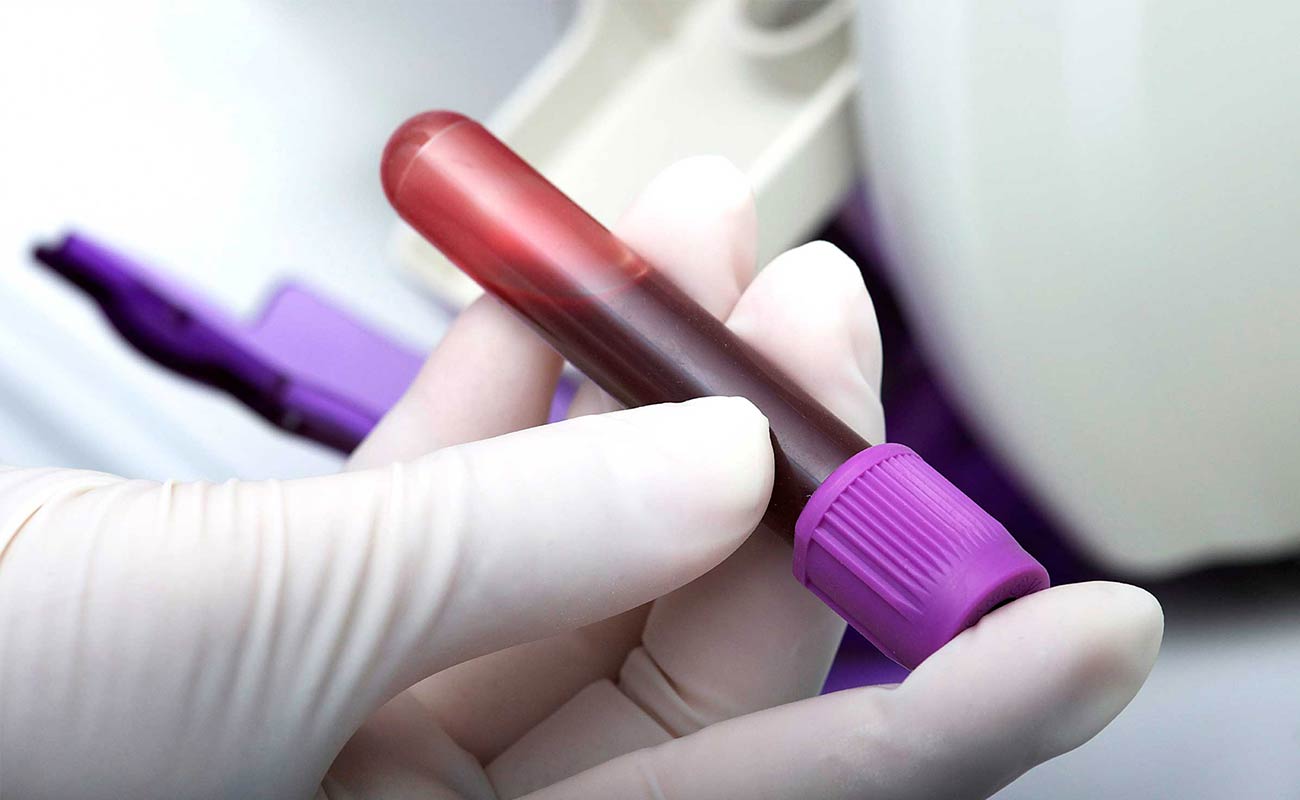Liver cancer, also known as hepatic cancer, is a cancer which starts in the liver, rather than migrating to the liver from another organ or section of the body. In other words, it is a primary liver cancer.
Cancers that originate elsewhere and eventually reach the liver are known as liver metastasis or secondary liver cancers, and are most commonly from cancer of the gastrointestinal (GI) tract (colon cancer), lung cancer, renal cancer (cancer of the kidney), ovarian cancer and prostate cancer.
The liver, which is located below the right lung and under the ribcage is one of the largest organs of the human body. It is divided into the right and left lobes. Nutrient-rich blood is carried by the portal vein from the intestines to the liver, while oxygen-rich blood reaches the liver from the hepatic artery.
Most people don't have signs and symptoms in the early stages of primary liver cancer. When signs and symptoms do appear, they may include:
In the absence of chronic liver disease liver cancer is rare. However, in patients with underlying liver disease, liver cancer may be quite common. The exact cause of liver cancer is not known. Scientists have identified many risk factors that can make someone more likely to develop liver cancer:
Tests and procedures used to diagnose liver cancer include:

During a liver biopsy, your doctor inserts a thin needle through your skin and into your liver to obtain a tissue sample. In the lab, doctors examine the tissue under a microscope to look for cancer cells. Liver biopsy carries a risk of bleeding, bruising and infection.
Determining the extent of the liver cancer
Once liver cancer is diagnosed, your doctor will work to determine the extent (stage) of the cancer. Staging tests help determine the size and location of cancer and whether it has spread. Imaging tests used to stage liver cancer include CTs, MRIs and bone scans.
There are different methods of staging liver cancer. One method uses Roman numerals I through IV, and another uses letters A through D. Your doctor uses your cancer's stage to determine your treatment options and your prognosis. Stage IV and stage D indicate the most advanced liver cancer with the worst prognosis.
Surgery is the best treatment if the cancer hasn't spread.
Surgery to remove the cancer might be an option if your cancer is only in your liver and the rest of your liver is healthy. Your surgeon can remove anything from a small wedge to up to 80% of your liver. You are more likely to have this type of surgery if you don't have cirrhosis.
Fibrolamellar hepatocellular cancer develops more often in people who do not have cirrhosis. It is often possible to remove these cancers with surgery.
People who have cirrhosis usually can't have a liver resection because the rest of the liver isn't healthy enough. So, your specialist may suggest a liver transplant if you have cirrhosis of the liver and you have:
Finding a donor is difficult and can take months. You may need other treatments while you are waiting for the transplant to control the growth of the cancer. Severe cirrhosis of the liver can mean you aren't fit enough for a transplant. Assessing your fitness will be part of the process of deciding whether you can have the operation. It is a very big operation and if you are already ill you may not survive it.
Children who have a type of liver cancer called hepatoblastoma are more likely to have a combination of surgery to remove the tumor and chemotherapy.
Surgery may not be possible because:
You might have more local treatments to the liver including:
You might also have:

Advanced liver cancer means that the cancer has spread beyond the liver to other parts of your body. Treatment aims to help you live longer and to maintain a good quality of life by controlling the growth of your cancer and treating symptoms.
You might have:
Your doctor may offer treatment to help control symptoms such as pain, breathing problems, weight loss and jaundice. Sometimes people with liver cancer and cirrhosis may get a build up of fluid in the abdomen (ascites). Your doctor may drain some of the fluid away or prescribe water tablets (diuretics).
Tell your doctor and nurses about any symptoms you have so they can treat them.
Sources: medicinene, cancerresearchuk.org, mayoclinic.org, liver.ca, medicalnewstoday
Submit Comment